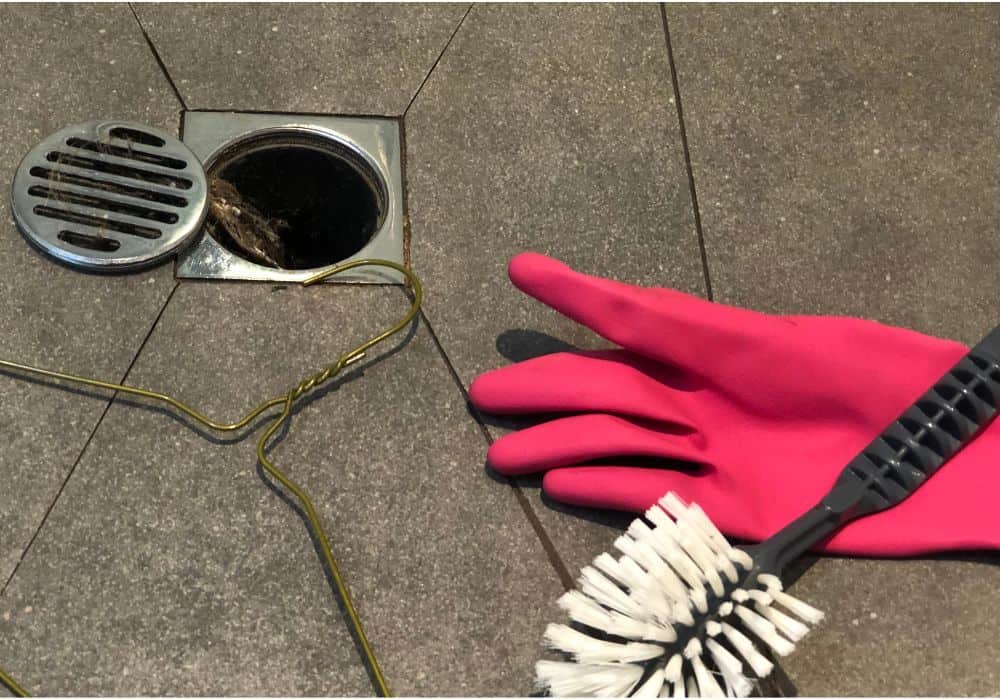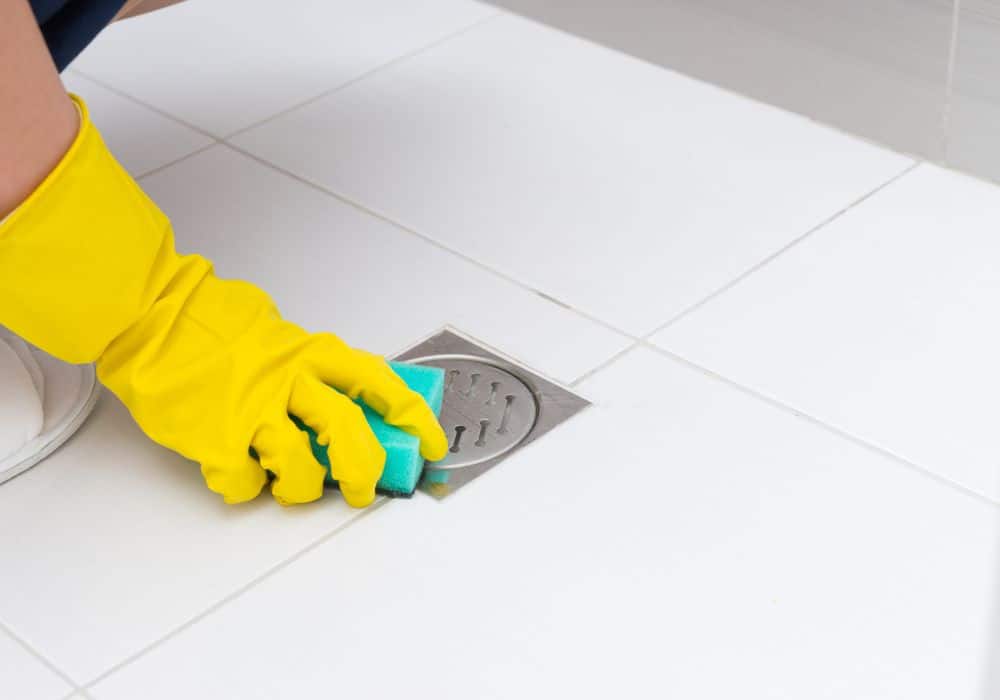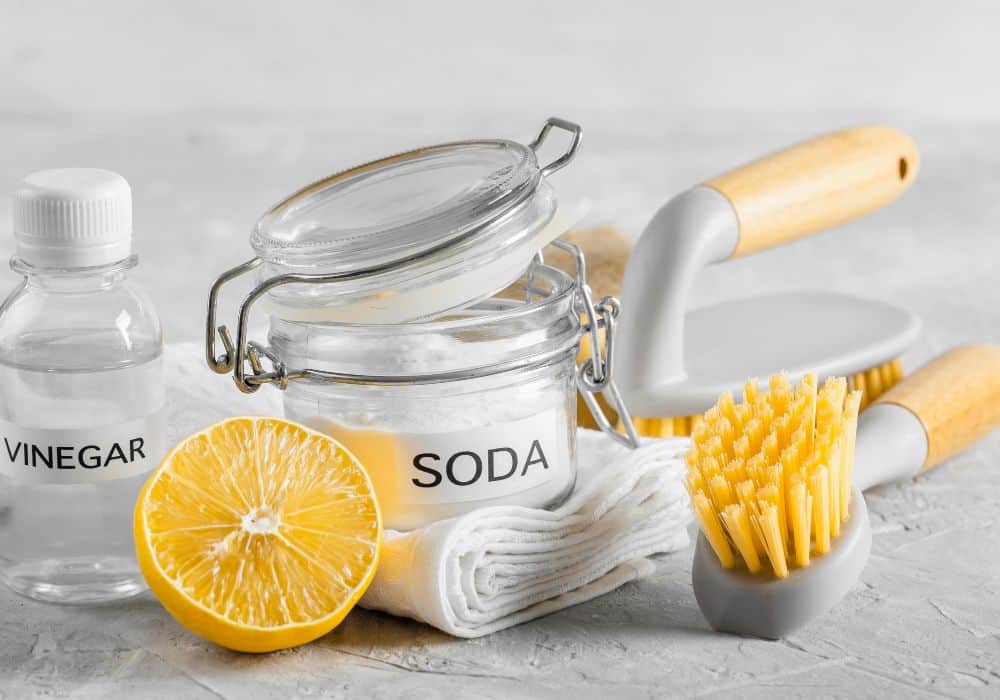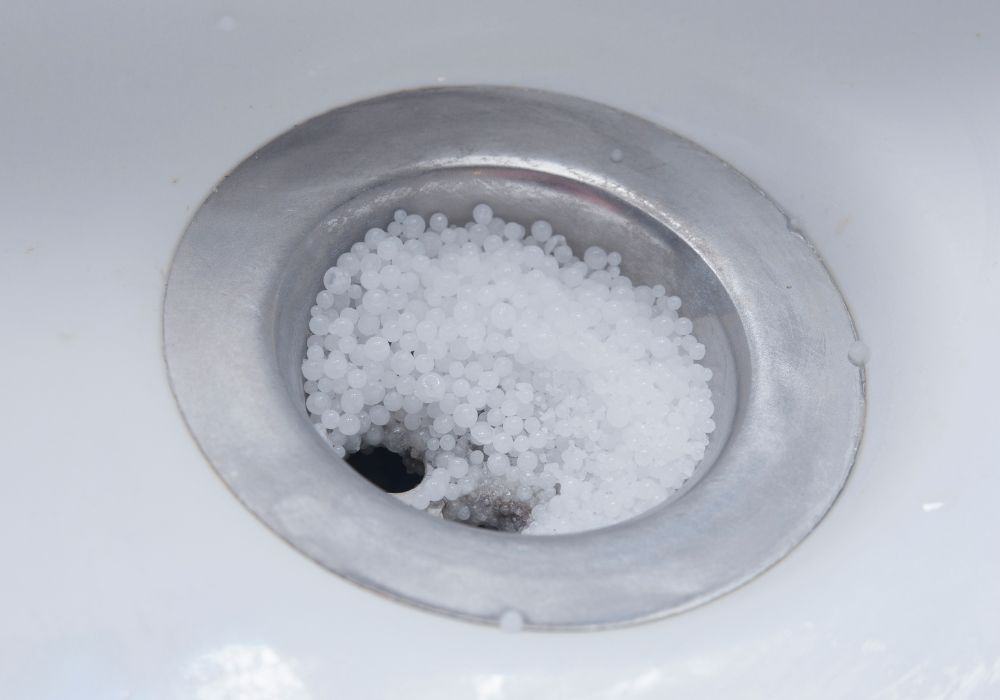The shower is one of the most used fixtures in any home, and it can also be one of the dirtiest. Whether you’re dealing with mold, mildew, or just plain dirt and soap scum, cleaning the shower pipe can be a real challenge.
Thankfully, there are a few simple steps you can take to make this job a lot easier. Keep reading for tips on how to clean shower pipes like a pro!
Diagnosing the Issue
If you have noticed water flowing slower than usual, you should first look for any visible blockages in your drain cap. Usually, you’ll find strands of hair that may obstruct the water flow. You should also proceed to remove the drain cap to look for any obstructions underneath.
Once you have checked for any obstructions in the drain cap, it’s advisable to look for the same between the drain stopper and the pipe.
Most of the time, there will be some stopping mechanism in your drain, but these might work in different ways. First, however, it’s a good idea to remove the stopper and ensure that it does not obstruct the flow of water through the pipe.

How to Get Rid of the Clog
If you can spot the clog immediately, you do not necessarily require any specific equipment to remove it. In fact, you can use a pair of rubber gloves to get rid of the blockage physically. Small plastic hooks are also easily available for this purpose and can be utilized in a simple DIY method.
However, if you cannot deal with the clog manually with your bare hands or do not want to, you can use specialized equipment to help you through the unclogging process. One piece of plumbing equipment that can help you with this is the plunger.
To effectively employ it, you will first need to close the drain cap and fill up water in the surrounding area to create suction. Then proceed to submerge the plunger into the drain, pressing down to get rid of any air inside it. Next, you would need to push up and down onto the plunger, forcing water down the drainpipe to eliminate any blockages causing the clog.
1. Drain snake
Another option you’ll have at your disposal is to use a drain snake, also known as a plumber’s snake.
A drain snake is a flexible rod that is used to remove clogs from drains. The rod is inserted into the drain and then turned in a spiral motion. This action allows the snake to break up the clog and clear the drain. Drain snakes are available in different sizes, so it is important to select the right size for your particular drain. Drain snakes can be purchased at most hardware stores or online and can cost around $10-$20.
2. Boiling water
If you cannot physically remove the clog and do not want to go down the drain snake due to the costs, you can try hot water. Boil the water in a pot on your stove and pour it down your shower drain.
This method can dissolve the debris in your shower drain. However, when dealing with more severe obstructions, you might need to repeat the process two or three times for it to be effective. For some obstructions though, such as hair, this method may not be effective.

3. Chemical drain cleaners
You can also use drain cleaners to eliminate clogs in your shower drain. There are many types of drain cleaners available in the market, and you should research to see if you have a preference for any. However, almost all drain cleaners will work fine for most clogs and help you eliminate them.
Whatever drain cleaner you get, please read the instructions on the bottle and follow them exactly. Usually, you’ll need to also pour warm water down the drain after a few minutes, so make sure you read the instructions carefully.
4. Natural drain cleaners
If chemical drain cleaners do not sound like a route you will go down, or if you want to minimize the cost, you can even concoct your own drain cleaner at home. These natural drainers can be just as effective and are more environmentally friendly.
The best solutions can be formulated with just two ingredients, vinegar, and baking soda. Use 1 cup of both ingredients and stir them together. When you pour vinegar and baking soda down your drain, they react to form a gas that bubbles up and breaks down the clog.
The advantage of using this method is that it is non-toxic and relatively inexpensive. Plus, you probably already have these two ingredients in your kitchen. However, there are a few things to keep in mind when using this method.
First, pour the vinegar and baking soda slowly so that they have time to react. Second, be sure to run hot water down the drain for a few minutes after the bubbling subsides to flush away the loosened debris.

How to Prevent Clogs
Clumps of hair are the most common culprit when it comes to shower drain clogs. However, using a drain cover can help you deal with this issue before it happens. Rubber or plastic drain covers can easily capture hair strands and help remove these potential blockages after every shower.
Moreover, these drain covers usually aren’t expensive and can help you save money in the long term by preventing more rigid clogs.
Apart from the drain covers, you should also ensure that you do not flush out sizable pieces of debris down your shower drains, such as bobbles or pieces of plastic. These objects can become problematic in the long run, and cause a clog further down the drain.
Oils can also become troublesome substances that can contribute heavily to a drain clog as they can stiffen with temperature changes and become very difficult to remove manually later on.
For most cases where oils have accumulated to clog your shower drain, you will need some form of drain cleaner to flush them out. Generally, it would be advisable to avoid using body oils in your shower and instead move them to your post-shower regime.
Good drain maintenance can also go a long way in keeping your shower drain cleaner. Regularly cleaning the drain and the drainage path can help avoid major clogs.
It’s also, perhaps, a good idea to employ natural drain cleaners at regular intervals to eliminate clogs that are starting to build up before they become a major nuisance and start slowing the water flow.
A clog in your sink, shower, or toilet can be a nuisance, but it can also quickly turn into a major problem. If left unchecked, a clog can cause water to back up and overflow, leading to water damage and the growth of mold and mildew.
In addition, a clog can put extra strain on your plumbing, causing pipes to break or become dislodged. As a result, it is important to clear a clog as soon as possible.

Practicing Better Shower Habits
Clearing out your drain pipe may seem to be an arduous task at first. However, correctly assessing the nature of the blockage and getting the right equipment in your toolkit can help you save a lot of time and money.
Taking care of shower drains is not a one-time fix and maintaining a good cleaning schedule goes a long way in reducing the number of clogs you have to deal with, and the stubbornness of those clogs that do come up.
Generally, if you take care of what goes down your shower drain, you will be able to avoid more serious blockages, and the ones that do come up will be more manageable.
For some folks, especially those commonly using body oils as a part of their showering routines, clogs might be more persistent and difficult. Therefore, it is advisable to try changing your habits to move the oil scrubs to the post-shower routine.
For people who have long hair or have been seeing a lot of their hair shed recently, it is a good idea to get drain covers to prevent these clumps of hair from making their way through the drain cap and into the drainpipe.
By getting easily accessible and affordable rubber or plastic drain covers, you can place one on the top of the drain cap before each shower. If you do, all the hair strands collect on top of it, and you can proceed to remove them at the end of your shower and dispose of them properly.
Final Thoughts
Most of the popular methods of cleaning out your drainpipe have been covered here, but there may be times when you will need to get professional plumbing help.
These situations are more likely to occur when the clog is too wedged in for you to handle on your own and getting professional help is the most feasible route in terms of both cost and time effectiveness. If you practice good shower maintenance, however, your clogs will always be small and easy to deal with.
